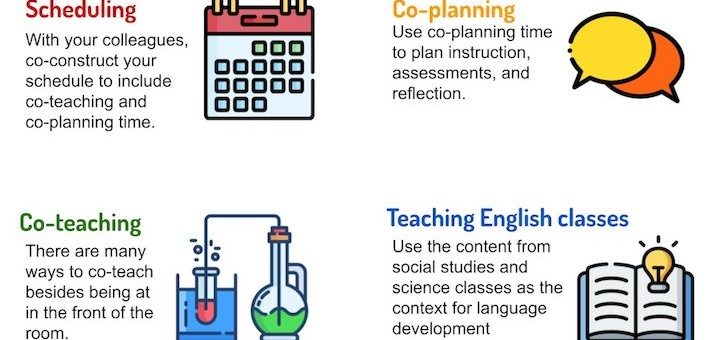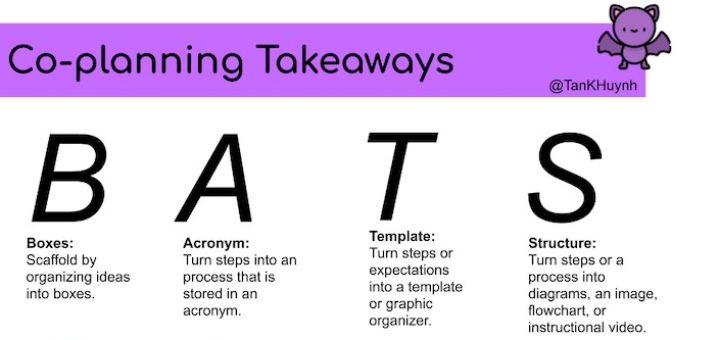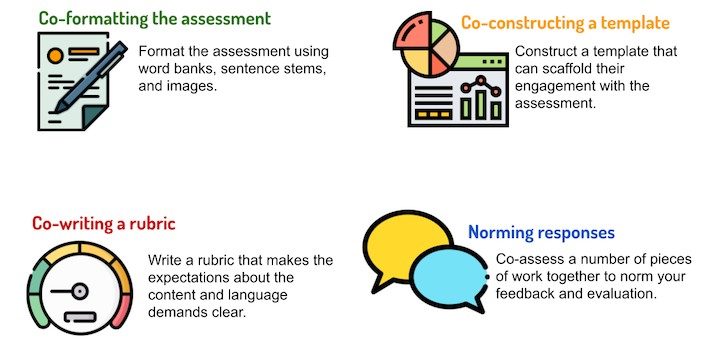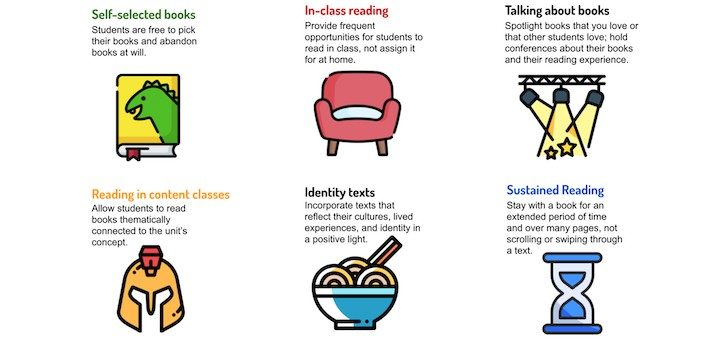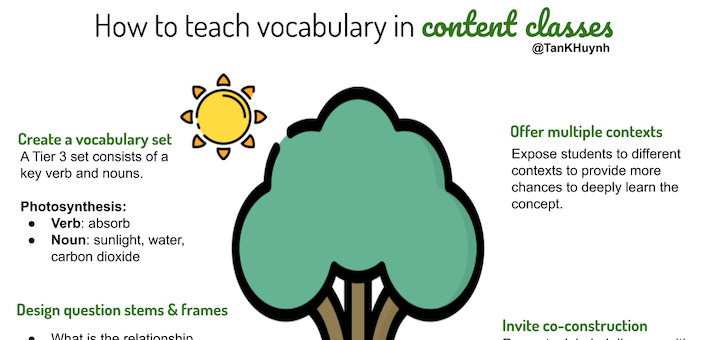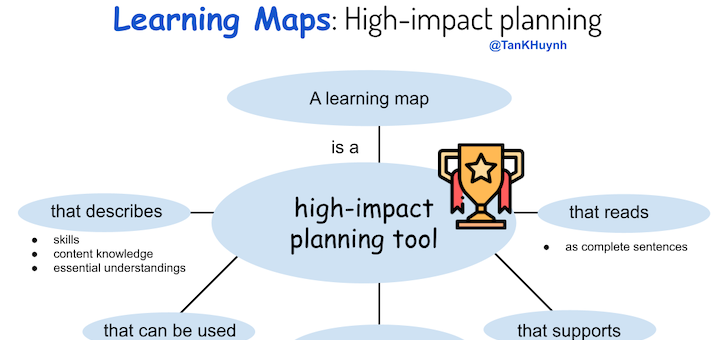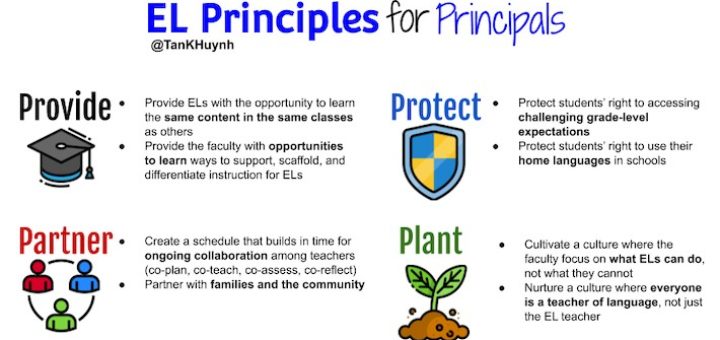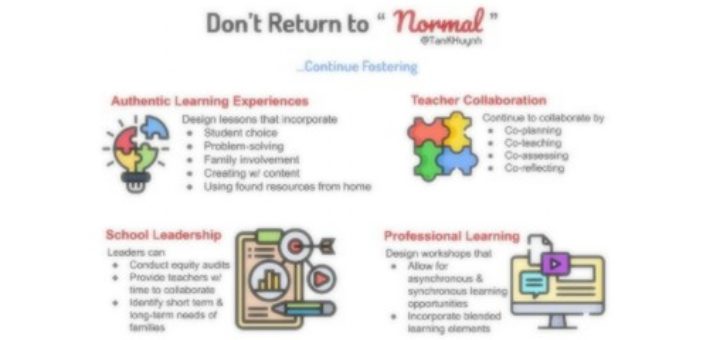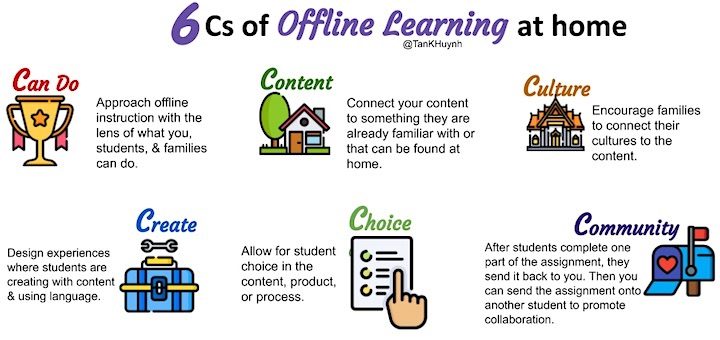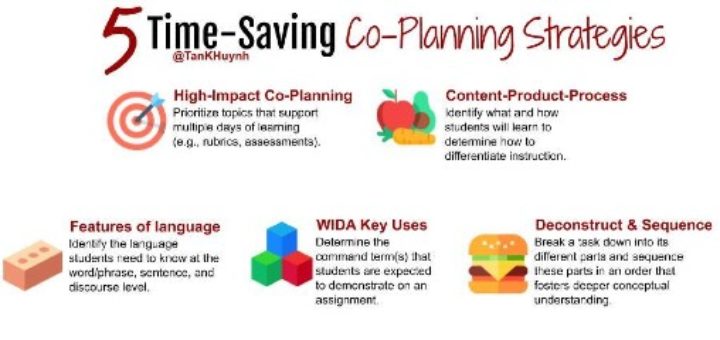Tagged: Unstoppable EL Teacher
Language specialist Tan Huynh offers co-teachers an orientation he never had, sharing what being a language specialist looks like at different levels and with various tasks. Veteran co-teachers may also find helpful tips if they move among elementary and secondary grades.
Since EL specialist Tan Huynh can’t be in every co-teaching class every day to co-instruct with content teachers, he has developed strategies to guide learning from afar across grade levels and disciplines. Discover his BATS: boxes, acronyms, templates, and structures.
Assessments that aren’t designed with language learners in mind perpetuate an equity gap, writes teacher Tan Huynh. When language specialists co-assess with subject area colleagues they can ensure the right balance of challenge and support for each student. Here’s how!
For teacher Tan Huynh, nothing is more powerful than having students fall in love with reading. He shares ways to nurture readers, garnered from his podcast chat with Book Love author Penny Kittle. Start with self-selected books and in-class reading, guided by conferencing.
A school is an ocean of words, and many language learners are drowning in academic classes when content-specific words (Tier 3) are not explicitly taught. Tan Huynh shares an effective process to teach these specialized words from author and EL educator Stephen Fleenor.
Incorporating quick-to-prepare, visually appealing learning maps in your unit planning simplifies the process while increasing its effectiveness. In addition learning maps naturally guide co-planning between content teachers and language specialists, writes Tan Huynh.
Principals are the creators of school culture. Through their words, actions, and policies they can assure ELLs’ success. The work teachers need to do with language learners can’t be done without principal support. Tan Huynh offers 4 principles for school leaders to adopt.
Teacher collaboration became a lifeline, not a luxury, when Covid-19 interrupted traditional school schedules and forced us to gain new skills and more effective teaching practices. Tan Huynh and Andrea Honigsfeld celebrate the positives of the new normal for ELs and all kids.
School closures have made learning more challenging. For students without access to technology, this challenge might seem insurmountable. Tan Huynh looks at some ways teachers are reaching language learners who don’t have regular access to tech tools or the internet.
When co-planning is an efficient use of time and in the service of our colleagues’ responsibilities, fellow teachers will see co-planning less like a job they have to do and more of a step they want to do. Tan Huynh shares detailed strategies for co-planning success.

